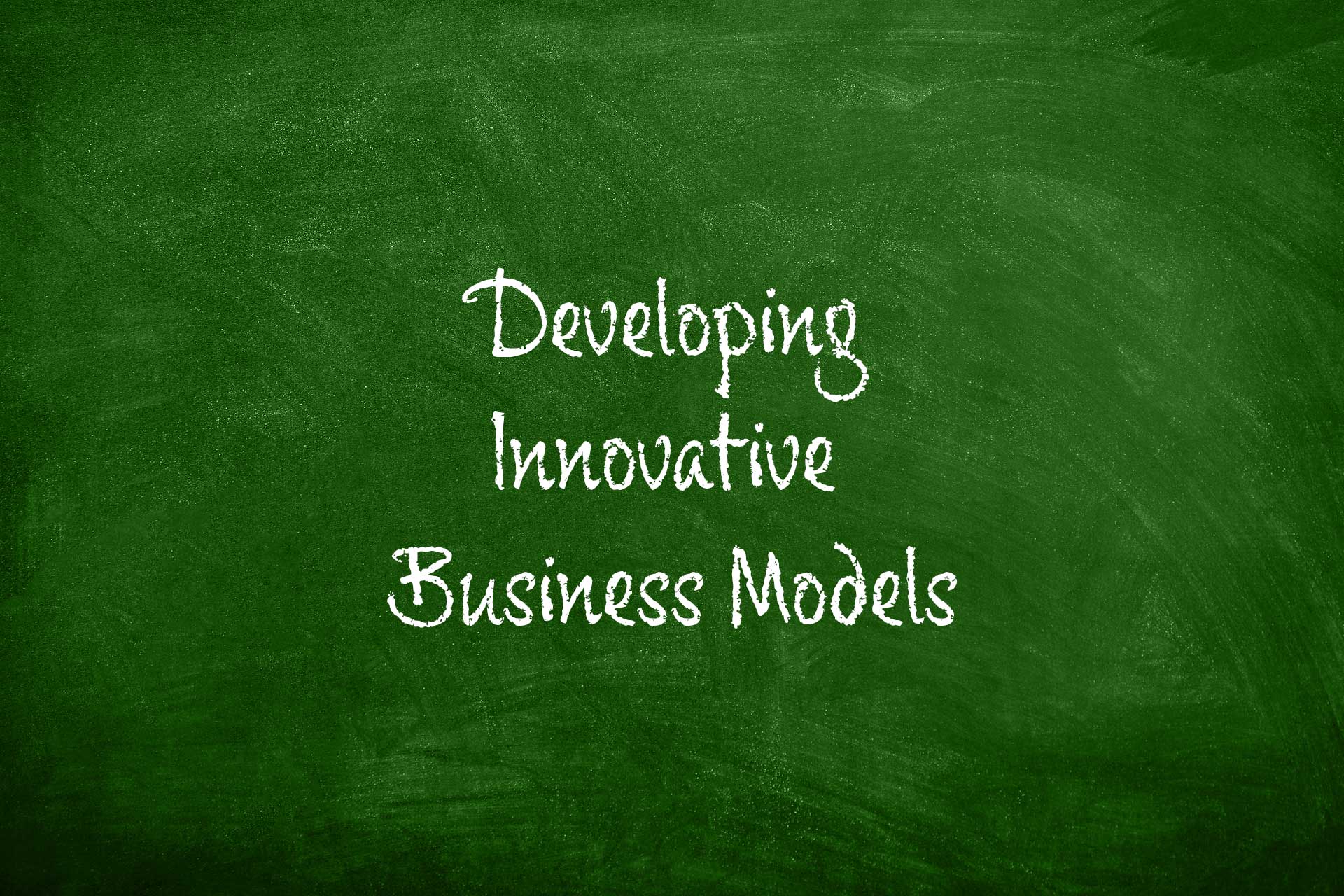Adapting existing business models and developing new ones is crucial to strengthening a company and its long-term competitiveness. Innovative models allow companies to adapt to changing market conditions, meet new customer needs and differentiate themselves from the competition. By creating added value for customers, such business models can not only increase revenue. Such business models can also strengthen customer loyalty.

Adapting existing business models and developing new ones is crucial to strengthening a company and its long-term competitiveness. Innovative models allow companies to adapt to changing market conditions, meet new customer needs and differentiate themselves from the competition. By creating added value for customers, such business models can not only increase revenue. Such business models can also strengthen customer loyalty.
They further enable companies to operate more efficiently, reduce costs and create new revenue streams. In a dynamic and everchanging economic environment, we support the development of new business models that help to strengthen a company´s agility, resilience and sustainability.
New Business Models
In addition to the use of new technologies and disruptive production methods, the business model plays a key role in the transformation of the manufacturing industry. A new way of looking at the business model is with a focus on the value of the product rather than the product itself.
In some cases, it may be possible to provide or complement customer value with additional services. These new business models sometimes prove to be THE big game changers on the road to a modern, sustainable economy. They not only offer significant cost benefits to producers and customers, but they also enable incredible efficiencies in energy and resource consumption.
These models not only address environmental impacts. They often integrate social and economic aspects as well to ensure holistic sustainability. In summary, the intelligent redesign of business models offers a win-win-win situation. The benefits range from the company itself, to the customer, to the environment/climate. The concept of chemical leasing is a good example of how business models can be reorganised: The practice of chemical leasing aims to drastically reduce the use of chemicals in industrial processes. In addition to the financial benefits, it also minimises unwanted environmental impacts. It is essentially an alternative form of resource management, focusing on the service provided rather than the chemicals themselves. It is not the chemicals sold that create value, but the service provided. For example, a chemical leasing company supplies a solvent for cleaning purposes and takes it back after the service has been provided to process it – in the case of the solvent, to redistill it. It is invoiced according to the cleaning service provided (unit, area, etc.) and not according to the product sold. As a very high proportion of the solvent can be recovered, a kind of cycle is created in which the same material is used over and over again to generate profit. The concept is also profitable for the customer. The cost of the cleaning service is less than the cost of purchasing all the solvent. There is also no need for the costly disposal of used solvent. Since this business model reduces solvent consumption to a fraction, the environmental benefits are also significant. In addition to rental, leasing and sharing concepts, circular economy, remanufacturing, PaaS (Product as a Service) and AI-based business models are increasingly coming into focus.
Unlocking New Potential – Developing New Business Models
Significant changes in customer behaviour, the need for flexibility and efficiency, and an increased awareness of sustainability and security of supply require the adaptation of existing business models. We can help you develop new business models that are tailored to your success and help you implement them step by step. The development of integrative services, the adaptation of products and the integration of digital methods complement the introduction of new business concepts.


